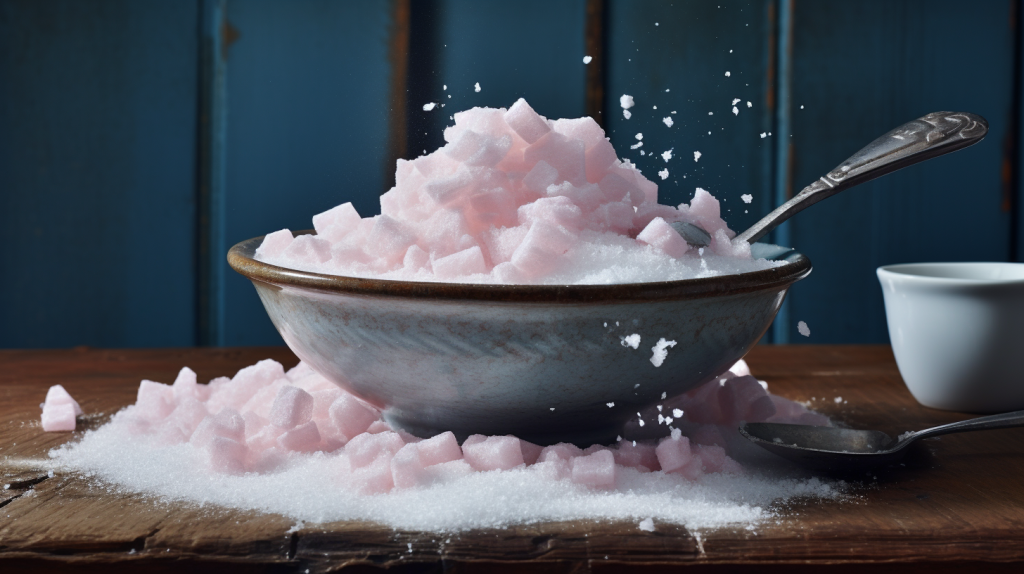
Our preference for most foods and drinks is an acquired taste. When a child is born, she typically has an innate taste for the mother’s milk. But soon, she is introduced to various types of foods and drinks based on her environment and culture.
Often, the first time we taste anything other than breast milk, we don’t like it. But soon enough, with exposure, we start to take uji, soda, tea, soya and alcohol.
Now, a child who is exposed to sugarless uji will enjoy it without feeling like she is missing out on some sweetness. The child may actually reject sugary uji when given the first time. But continuous exposure to sugary uji will make the child eventually reject sugarless uji as tasteless. The child will acquire a taste for sugary uji.
Many of the things we like and identify ourselves with are things we previously did not like or identify with. Our titles and accolades, preferences and lifestyles are an acquired taste. Essentially, our self- image is an acquired taste.
Just like the person who likes uji with sugar says he cannot drink sugarless porridge, our self- image dictates the kind of choices we make and the life we live.
An “learned” person says he cannot do some things because he is educated. A religious person says he can only view things in a particular way because he is a Christian.
Now, there is nothing wrong with an acquired taste. One can keep drinking sugary uji so long as he enjoys it.
However, acquired taste becomes a problem when it gets in the way of where one wants to go.
You see, if the person who likes sugary uji is diagnosed with a life-threatening condition and is told by the doctor that he must stop taking sugar, he is likely to heed to the doctor’s advice.
He will start taking sugarless uji, and within a short time, his taste buds will adjust to the new flavour.
And soon enough, he will start saying, “uji, without sugar please!”
Life is life
Fabio